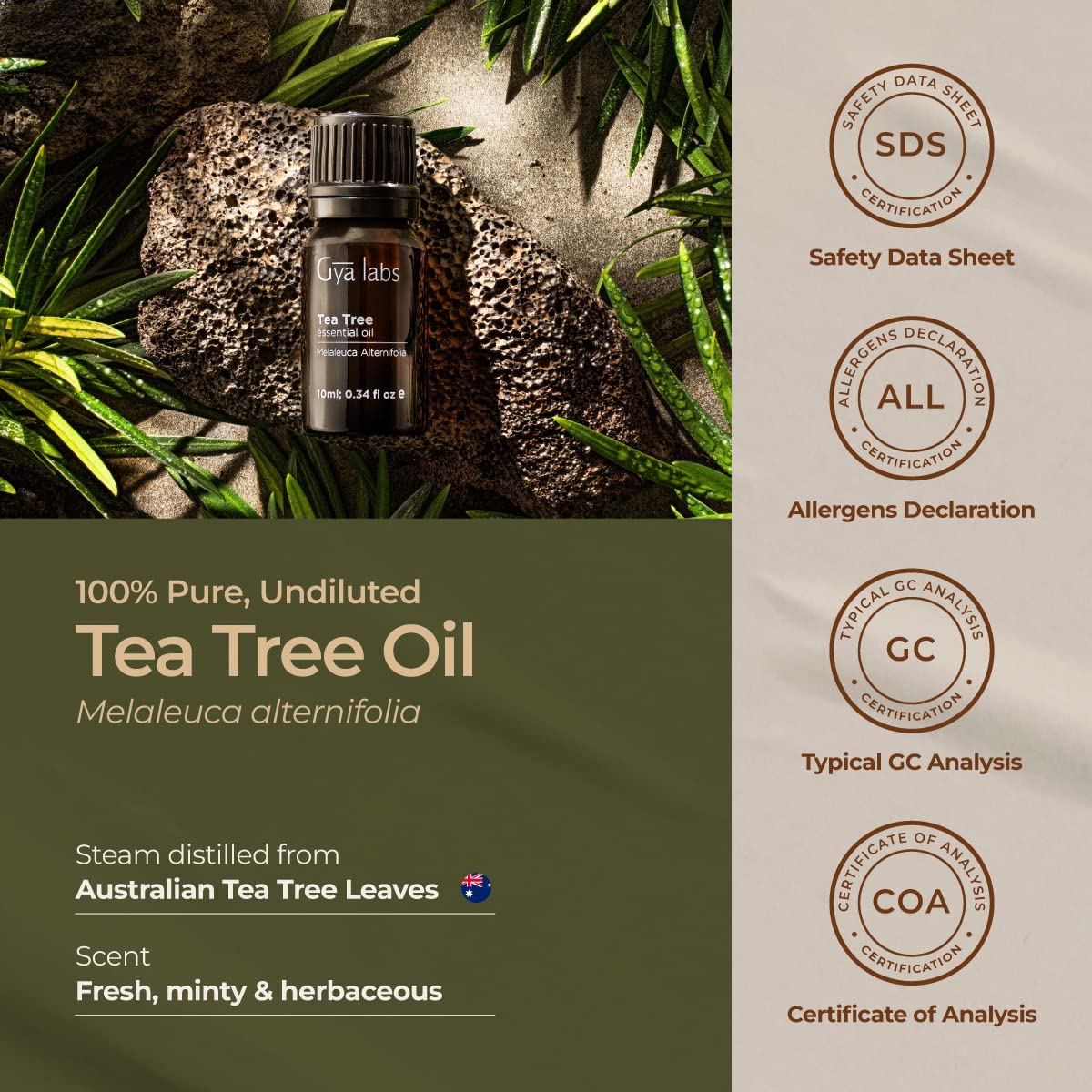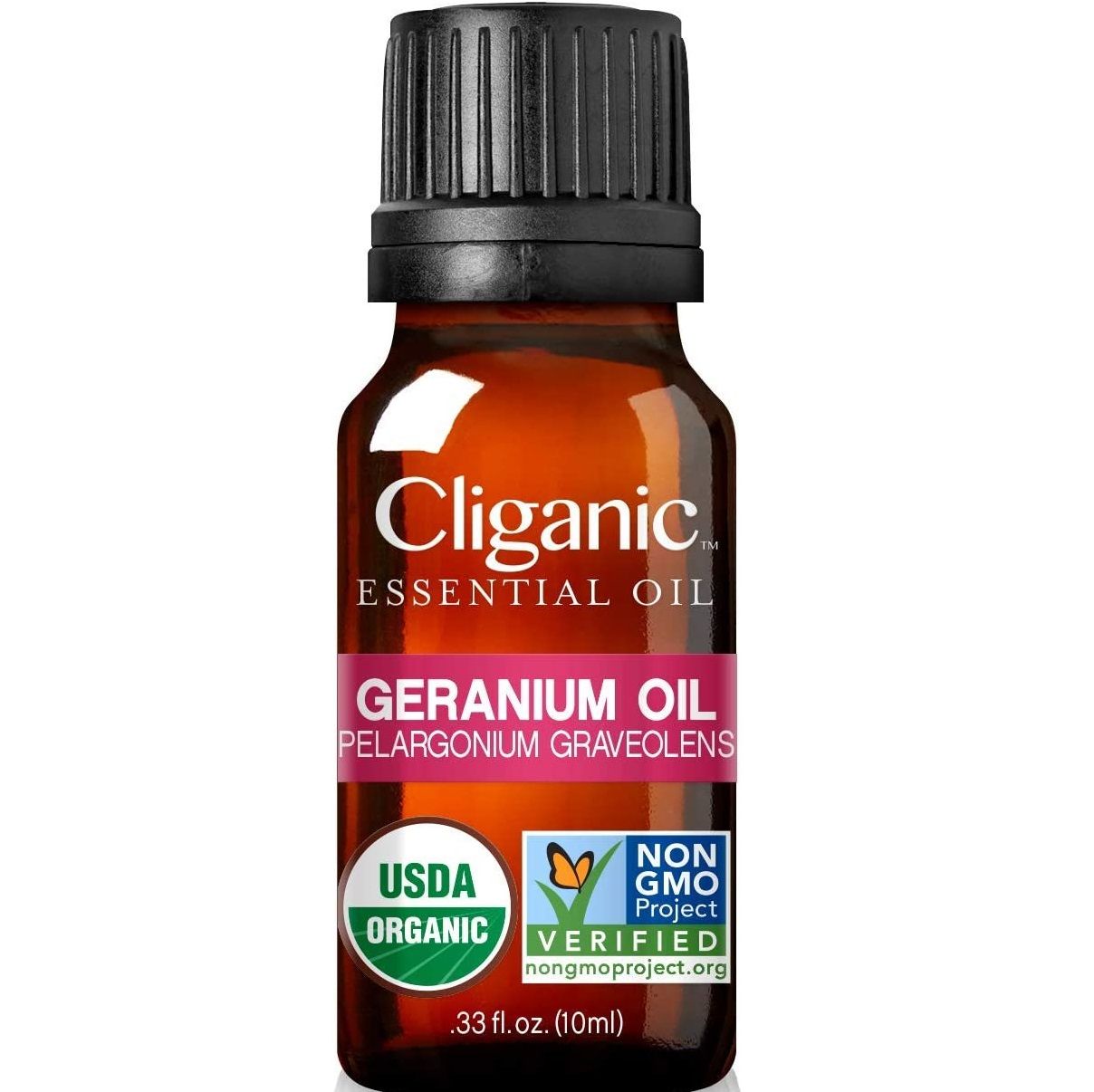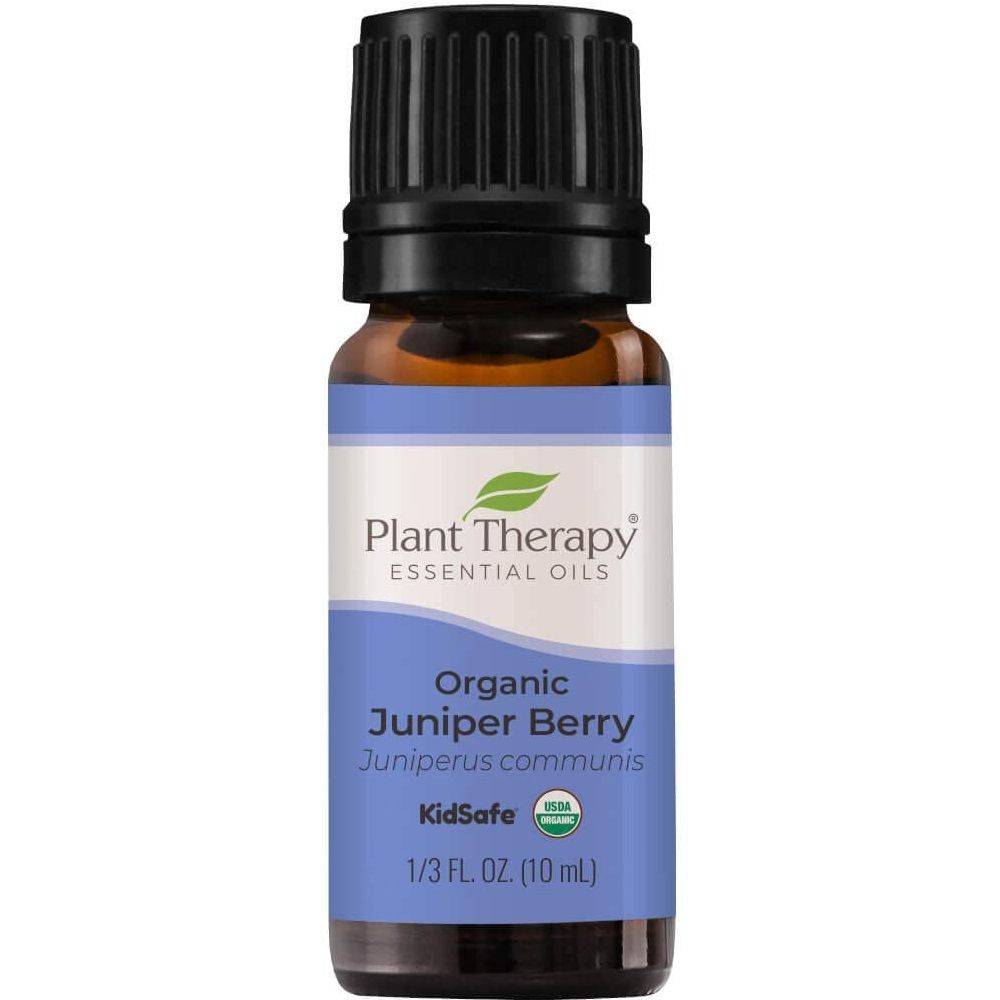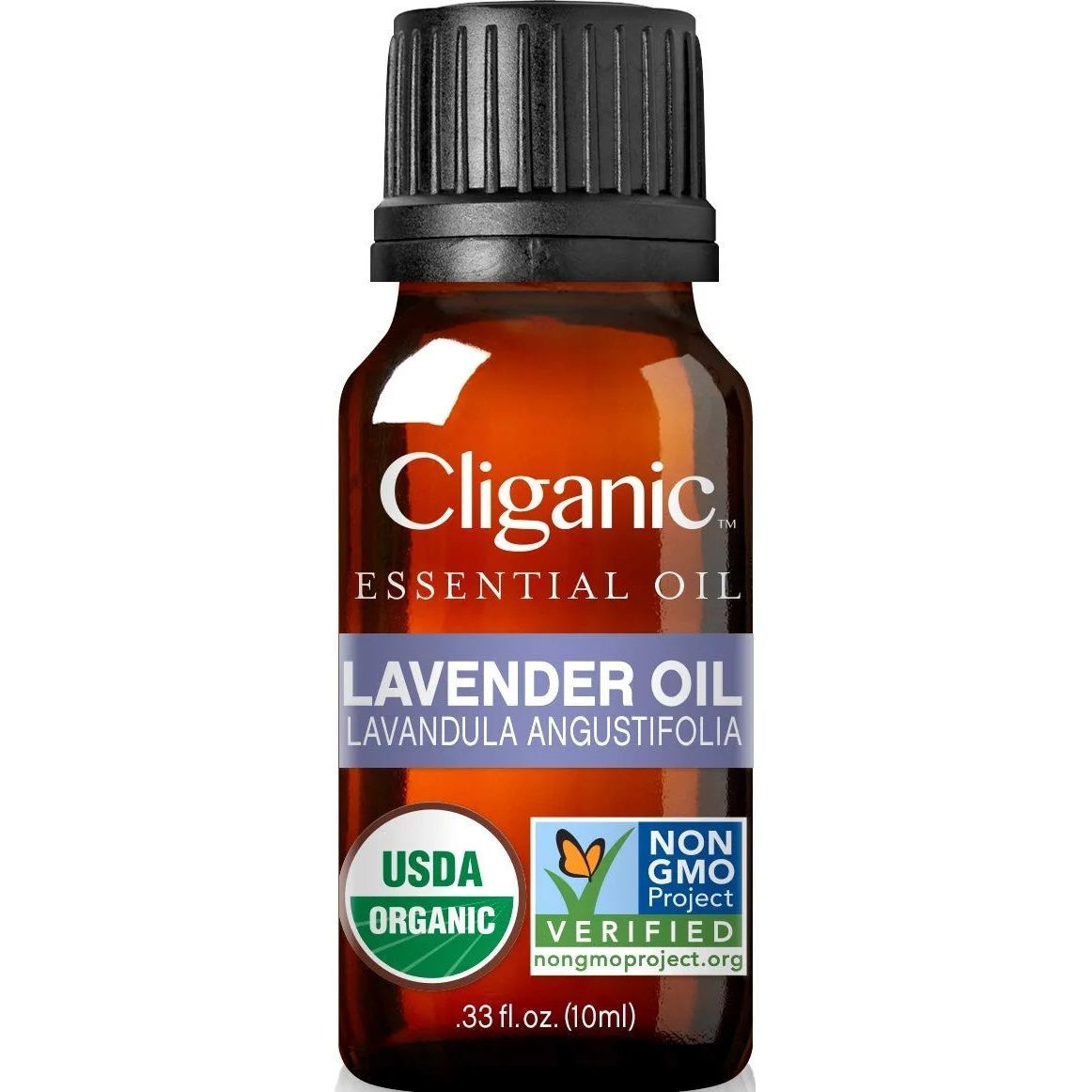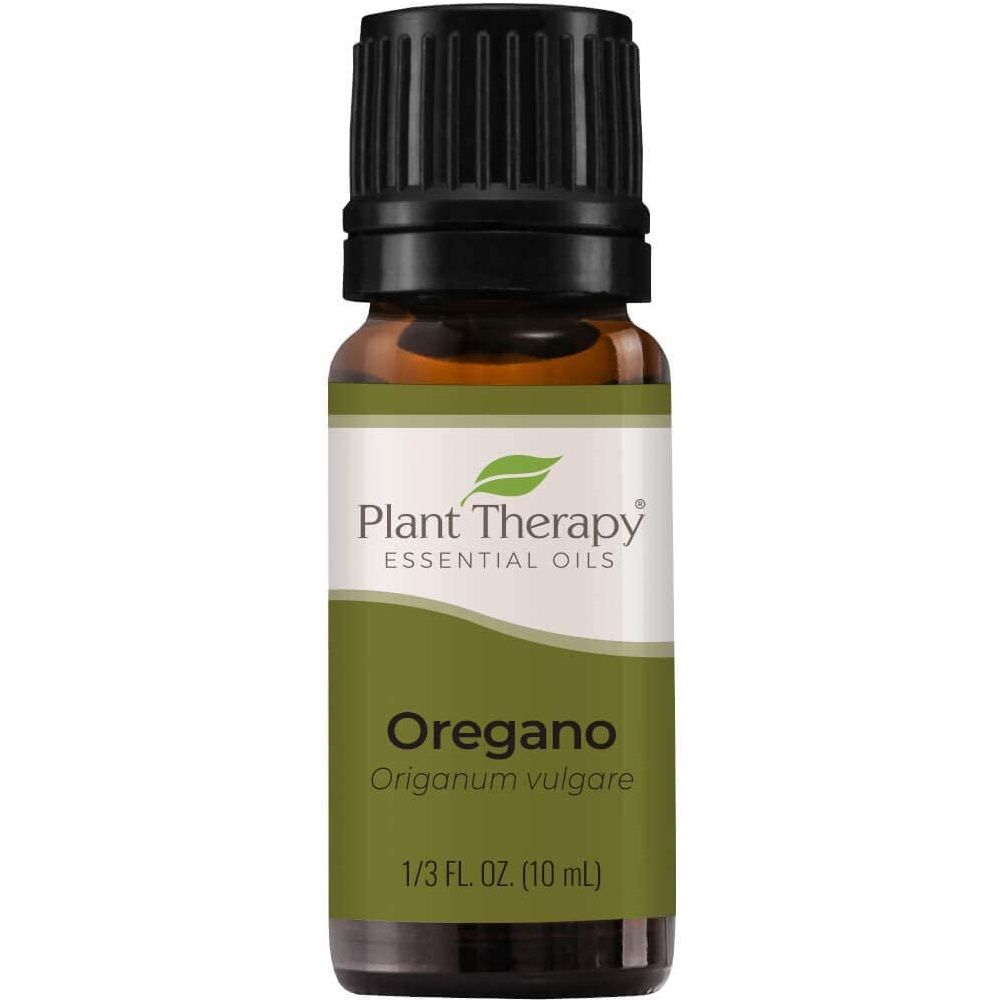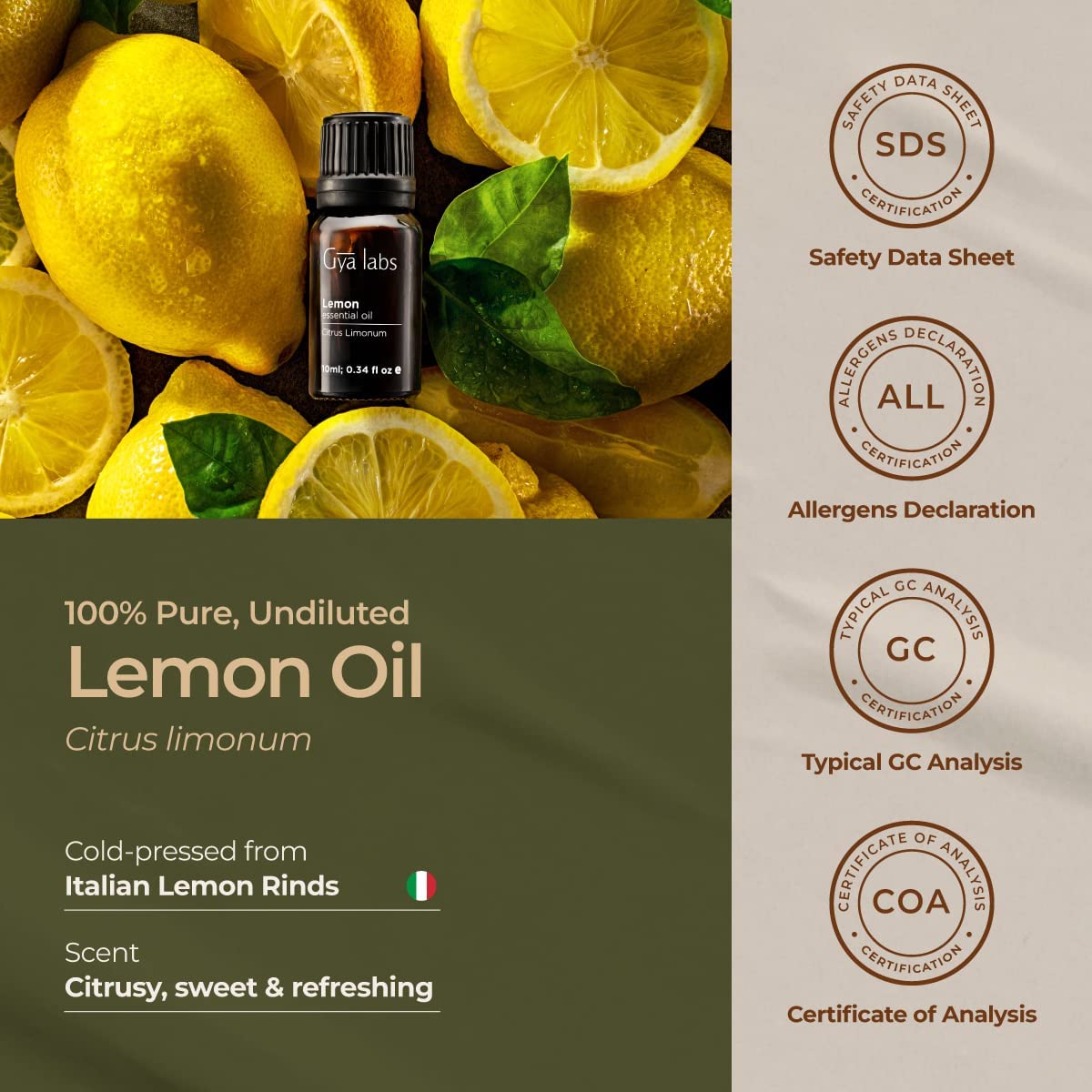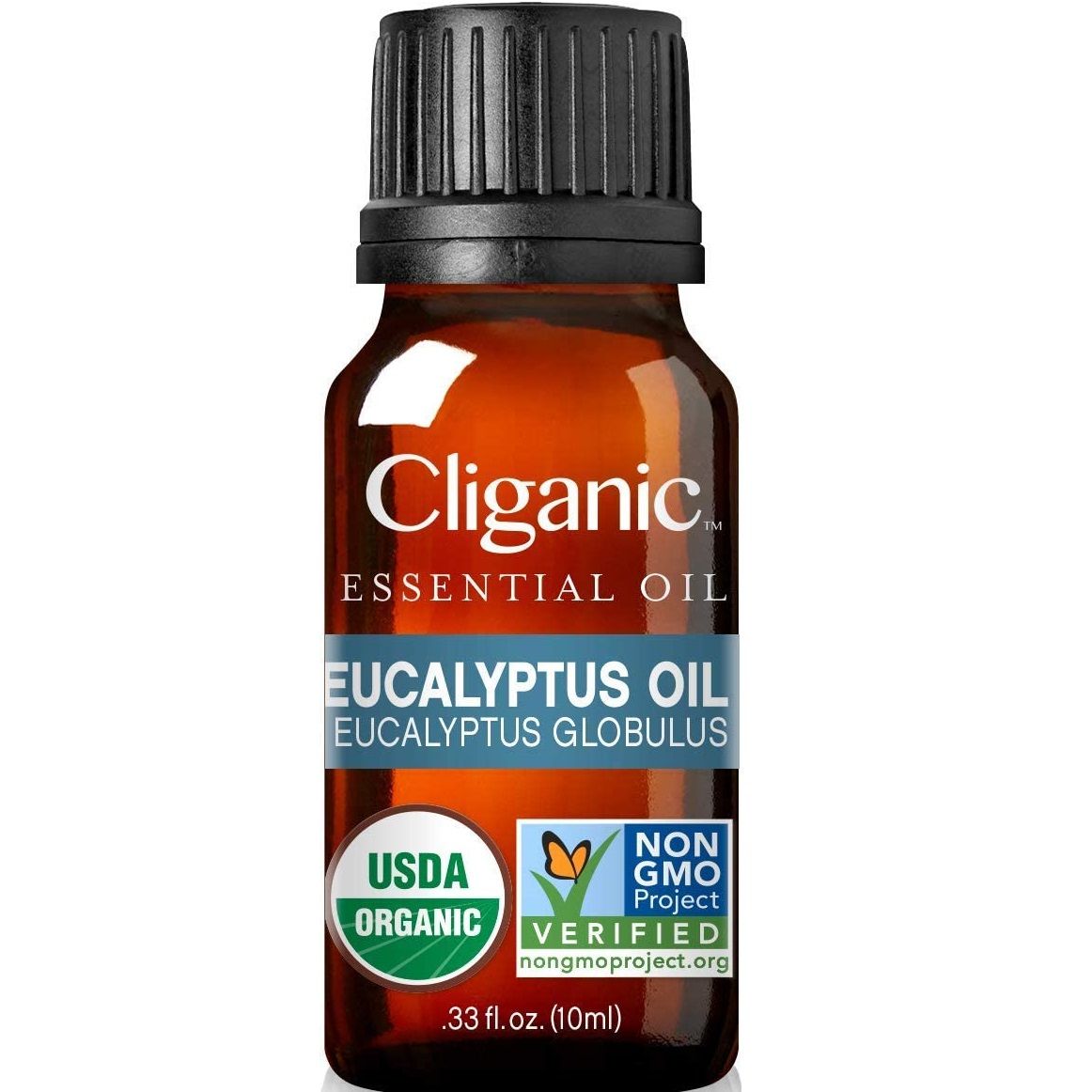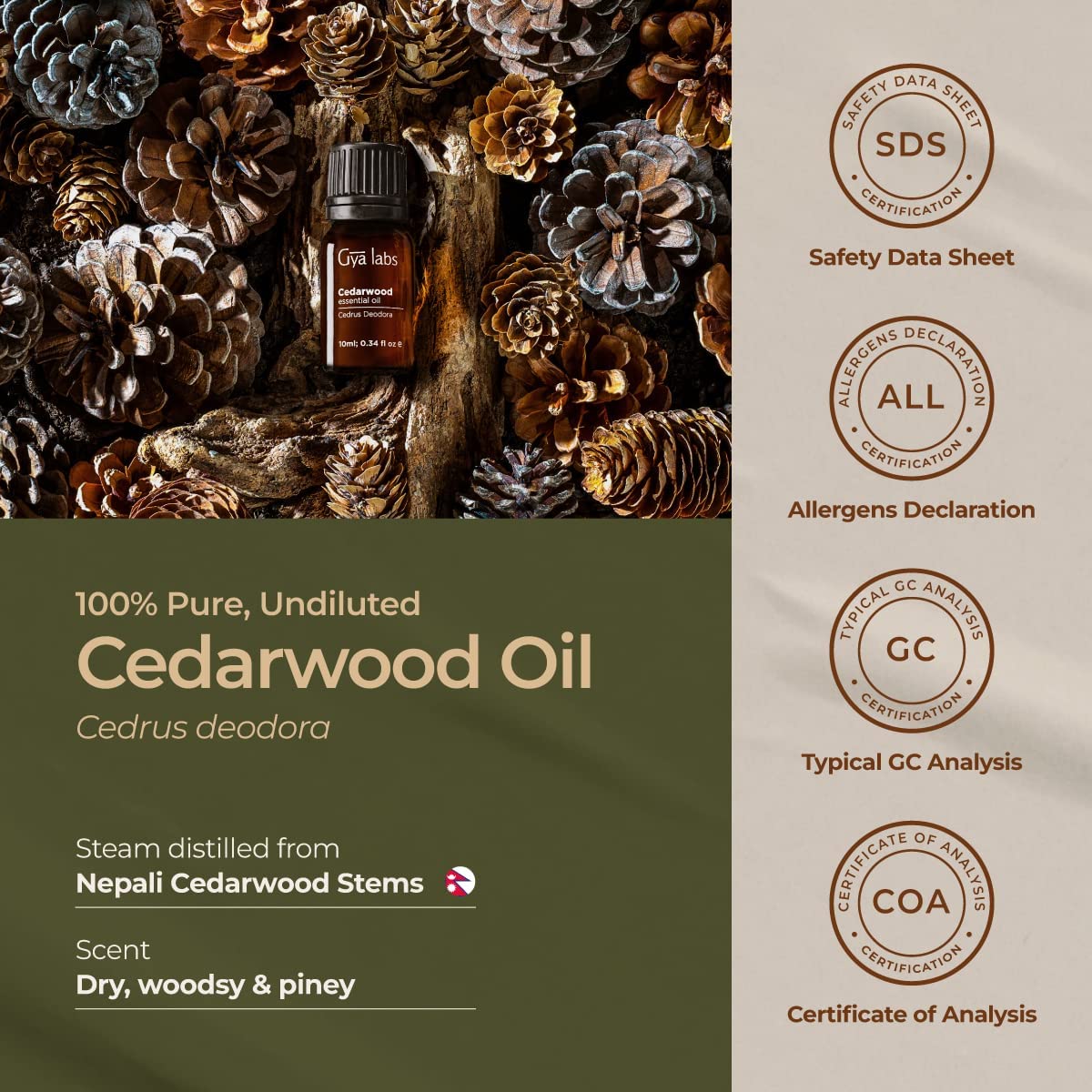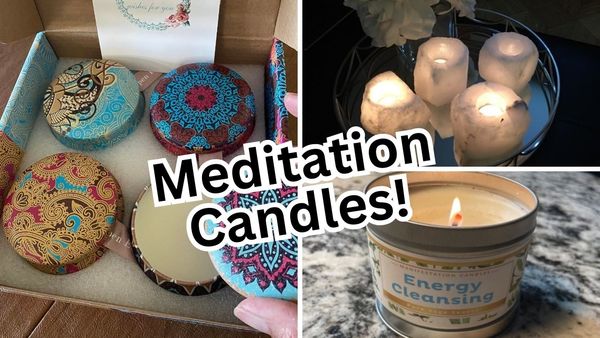Unlock the Healing Benefits of Essential Oils for Cellulitis
If you are looking for a natural way to treat cellulitis, you may want to consider using essential oils! Essential oils have many healing benefits and can be used to treat a variety of conditions. In this article, we will discuss the benefits of essential oils for cellulitis and provide some recipes that you can use at home.
How can essential oils be used to treat cellulitis?
Cellulitis is a bacterial infection of the skin and subcutaneous tissue that most often occurs on the legs. It can, however, occur on any area of the body. The bacteria that cause cellulitis are often Streptococcus or Staphylococcus. This infection can occur when there is a break in the skin, such as a cut, scrape, or insect bite. Cellulitis can also occur after surgery.
Symptoms of cellulitis include redness, swelling, warmth, and pain in the affected area. The skin may also feel tight or stretched. If the infection is severe, there may be fever, chills, and sweats. Cellulitis is a serious infection and should be treated by a healthcare provider in conjunction with the use of natural remedies such as essential oils.
With so many essential oils to choose from, it can be difficult to know which to try. We reviewed numerous reviews on Amazon and identified the top 8 essential oils to support cellulitis treatment. Continue reading below to find the oil that most resonates with you!
We hope you find your essential oil to treat your cellulitis from the list below! Each product was independently selected by our team. BiohackingBeat may collect a share of sales or other compensation from the links on this page if you decide to buy something (that's how we fund our research). Happy shopping!
Gya Labs Pure Australian Tea Tree Oil
Essential Oil Overview
Tea tree oil is widely known and recognized as a powerful antifungal, antibacterial essential oil. It has been used for centuries to treat and heal various ailments such as wounds, burns, and abrasions. In addition, recent studies have shown that it can be an effective tool against bacterial skin infections like cellulitis [1]. Research demonstrates that tea tree essential oil possesses the power to eliminate several types of bacteria such as Staphylococcus aureus, Streptococcus pneumoniae, Pseudomonas aeruginosa and Group A ß-hemolytic streptococcus, which can cause cellulitis. With its vast array of medicinal properties, tea tree oil is one of the best essential oils for cellulitis and a must-have home remedy for practitioners of aromatherapy and first aid alike.
Suggested Use
- Mix 3-4 drops of tea tree oil and 2 tablespoons of coconut oil.
- Mix these oils and apply the mixture to the affected area.
- Leave the mixture on for 1-2 hours. Then, wash it off with regular water.
Cliganic Organic Geranium Essential Oil
Essential Oil Overview
Geranium essential oil has been used successfully to treat skin infections such as bacterial and fungal infections, including cellulitis. It contains a number of powerful compounds, such as a-pinene, myrcene, geraniol, linalool, and geranyl butyrate, which can increase its antibacterial properties. Additionally, it has hormone balancing properties that can be beneficial in treating cellulitis. Geranium oil has also demonstrated potential to help treat bacterial skin diseases. Its effectiveness makes it an excellent choice for those looking for natural ways to help treat their skin infection.
Suggested Use
- Dilute 5 drops of Geranium oil in one tablespoon of coconut oil in a bowl.
- Apply it on the affected area using a cotton ball.
- Leave it for a few hours and wash it off. Use twice daily.
Plant Therapy Organic Juniper Berry Essential Oil
Essential Oil Overview
Juniper essential oil is a natural remedy widely known for its anti-inflammatory and antiseptic properties. It can be used both orally or topically with great results. According to research, it is effective in reducing the symptoms of skin bacterial infections such as cellulitis, boosting immunity, and helping fight off bacteria living on the skin. This power comes from the concentration of powerful compounds inside juniper essential oil that work synergistically to support overall skin health. Along with other remedies such as dietary adjustments, topical creams and natural supplements, incorporating Juniper essential oil into your regular regimen can effectively improve your overall skin health and reduce the complications due to troublesome cellulitis.
Suggested Use
- Add a few drops (2-3) of juniper oil in one tablespoon of coconut oil
- Rub directly on the affected area twice daily for treating the infected skin.
Cliganic USDA Organic Lavender Essential Oil
Essential Oil Overview
Lavender essential oil has long been recognized for its various medicinal properties, especially its anti-inflammatory nature. A study conducted in 2019 [2] showed that Lavender essential oil has powerful antifungal and antibacterial qualities that make it an effective solution for people who have been afflicted with cellulitis. The study further highlighted the role of the essential oil as an enhancer of OCT when dealing with MRSA strain, thus potentially altering the cell wall structure in order to curb bacterial permeation in the affected tissue area. This is just one example of how lavender essential oil can effectively help reduce inflammation on specific areas such as arms, legs, and groin - typical points on the body where cellulitis is common.
Suggested Use
- Mix a few drops of lavender essential oil with 1 tablespoon of carrier oil such as coconut or sesame oil.
- Blend well, then apply the mixture to the affected area. Wash off with water after 15 minutes.
- Use this protocol 3 to 4 times for a few weeks.
Plant Therapy Oregano Essential Oil
Essential Oil Overview
Oregano essential oil is an effective natural remedy for treating a variety of skin and respiratory infections. Its powerful anti-bacterial properties can help ward off bacterial growth and attack specific pathogens in the case of cellulitis, bronchitis, impetigo, and staphylococcus bacteria infections. Beyond its antibacterial capabilities, oregano oil also has potent antioxidant characteristics that act as a powerful barrier from free radical damage, in turn, helping protect cells from aging and disease. Additionally, the oil's anti-inflammatory nature further helps to reduce swelling and pain associated with illnesses like bronchitis as well as muscle soreness - providing an incredibly versatile treatment for various conditions. Recent studies have recognized oregano's effectiveness against pathogenic bacteria, helping to curb their growth and destroying droplet biofilms [3].
Suggested Use
- Combine 3-4 drops of oregano essential oil with 1 tablespoon of any carrier oil such as coconut or olive oil.
- Apply this mixture to the affected area.
- Use this protocol 2-3 times per day.
Gya Labs Lemon Essential Oil
Essential Oil Overview
Lemon essential oil has long been known for its anti-microbial benefits as one of the most potent natural ingredients available. Its antifungal, antiviral, and antibacterial properties make it a great choice for fighting off microbial infections both externally and internally. It also has antioxidant capabilities that can aid in cell protection, reduce inflammation, and even improve neurological activity. On top of this, studies have shown the effectiveness of lemon oil against pathogenic bacteria and biofilms when used topically for skin conditions such as cellulitis and eczema or taken internally for bronchitis or sore throats. Clearly, lemons are more than just a delicious citrus flavor; they are an effective ally in the fight against microbial infections.
Suggested Use
- Mix 40 drops of lemon essential oil and 20 drops of tea tree essential oil.
- Put these oils in a clean spray bottle filled with water and shake well.
- Spray the mixture on the affected area and leave it on for a few hours.
- Use this protocol 2-3 times per day for a few weeks.
Cliganic USDA Organic Eucalyptus Essential Oil
Essential Oil Overview
Eucalyptus essential oil is an excellent alternative to tea tree oil for patients suffering from cellulitis who don't have access to tea tree. However, the potency of eucalyptus oil is slightly lower than that of tea tree and so a more effective treatment of cellulitis infection can be achieved by combining both oils. There are numerous benefits offered by this combination, such as being able to reduce swelling and redness faster, shorten healing process significantly and provide lasting protection against skin infection.
Suggested Use
- Mix 2 drops of eucalyptus and 2 drops of tea tree oil in a bowl.
- Soak a cotton ball with the mixture and rub it into the affected area. Leave the mixture on for 1-2 hours.
- Wash the mixture off with regular water.
Gya Labs Cedarwood Essential Oil
Essential Oil Overview
Cedarwood essential oil has historically benefited humans in many ways. The oil is acquired by conducting the steam distillation procedure on pieces of cedar wood trees to extract the beneficial components. Alpha-cedrene, beta-cedrene, cedrol, windrow and thujone are just some of the components this oil contains, along with a complexity of sesquiterpenes. It's impossible to cover all the advantages that cedarwood essential oil brings us; its ability to relieve stress and tension, help in clearer thinking, promote healthy skin among other things makes it a highly sought after aromatherapy option.
Suggested Use
- Mix 2 drops of cedarwood oil with 1 tablespoon of coconut oil (or carrier oil of your choice).
- Massage the mixture on the affected area and leave it on for 1-2 hours. Wash it off with water.
Repeat this protocol twice daily.
FAQs
What are the risk factors for cellulitis?
There are many risk factors for cellulitis including:
- hospitalization or residence in a nursing home
- diabetes mellitus
- peripheral vascular disease
- chronic renal failure
- lymphoma or leukemia
- immunosuppressive therapy (e.g., corticosteroids)
- trauma (including burns)
- surgery
- indwelling vascular catheters or foreign bodies
What are essential oils and what do they have to offer in terms of treating cellulitis?
Essential oils are concentrated extracts from plants that contain the plant’s natural aromatic compounds. These oils can be used for a variety of purposes, including healing and relaxation. Some essential oils have been shown to be effective in treating cellulitis, a condition characterized by inflammation of the skin and underlying tissues.
There are many essential oils that have anti-inflammatory properties, making them useful for treating cellulitis. Some of the most commonly used essential oils for this purpose include lavender oil, eucalyptus oil, and tea tree oil. These oils can be used topically or inhaled, depending on the severity of the cellulitis.
What are the benefits of using essential oils to treat cellulitis?
There are many essential oils that have antimicrobial properties and can therefore be helpful in treating cellulitis. Some of the most effective essential oils for treating cellulitis include lavender oil, tea tree oil, and rosemary oil. These essential oils can help to kill the bacteria that cause cellulitis and also reduce inflammation and pain.
Lavender oil is one of the most popular essential oils for its many health benefits. It has antimicrobial, anti-inflammatory, and analgesic properties. This makes it an ideal essential oil for treating cellulitis. Tea tree oil is another popular choice for treating cellulitis due to its antimicrobial properties. It can help to kill the bacteria that cause cellulitis and also reduce inflammation. Rosemary oil is another good option for treating cellulitis because it has both antimicrobial and anti-inflammatory properties.
How should essential oils be applied to treat cellulitis?
Essential oils can be used to treat cellulitis topically. Lavender oil has antimicrobial properties and can help to reduce inflammation. Tea tree oil is another essential oil with antimicrobial properties that can help to fight the bacteria causing the infection. Chamomile oil can help to soothe the skin and reduce inflammation.
To use essential oils for cellulitis, mix equal parts of lavender oil, tea tree oil, and chamomile oil with a carrier oil such as jojoba oil or almond oil. Apply this mixture to the affected area two to three times per day until the cellulitis clears up.
What are some recipes that can be used at home to treat cellulitis with essential oils?
Cellulitis is a serious skin infection that can be difficult to treat. Essential oils can be used to help treat the infection and speed up the healing process. Some recipes that can be used at home include:
-Mixing a few drops of lavender oil with a carrier oil and applying it to the affected area.
-Adding a few drops of tea tree oil to your bath water and soaking for 20 minutes.
-Making a compress by soaking a clean cloth in a mixture of 1 part witch hazel and 3 parts water, then adding a few drops of lavender oil. Apply the compress to the affected area for 15-20 minutes.
These are just a few of the many ways that essential oils can be used to treat cellulitis. If you are unsure about how to use them, be sure to consult with a healthcare professional before trying any home remedies.
Are there any precautions that should be taken when using essential oils to treat cellulitis?
Cellulitis is a serious infection of the skin and underlying tissue. It most commonly occurs on the legs, but can occur on any part of the body. Cellulitis is usually caused by bacteria, such as streptococcus or staphylococcus, entering the skin through a cut or break. The infection quickly spreads through the tissue, causing redness, swelling, and pain. Cellulitis can be a potentially life-threatening condition if not treated promptly with antibiotics.
There are some precautions that should be taken when using essential oils to treat cellulitis. Essential oils should never be used undiluted on the skin. They should always be diluted in a carrier oil, such as jojoba or olive oil. Essential oils should also never be ingested. If you are using essential oils to treat cellulitis, it is important to continue to clean the affected area with soap and water and to keep it covered with a sterile bandage. You should also see your doctor if the cellulitis does not improve within a few days of starting treatment with essential oils.
What are some other natural remedies for cellulitis?
There are a few natural remedies that may help to treat cellulitis. These include:
- Applying ice packs to the area for 20 minutes at a time, several times a day
- Elevating the infected limb to help reduce swelling
- Resting and avoiding strenuous activity
- Drinking plenty of fluids
- Wiping the area gently with a warm, damp cloth
In addition to essential oils, there are other natural remedies that can help treat cellulitis. These include aloe vera gel, vitamin C, and turmeric. These remedies can be used in conjunction with essential oils to help reduce inflammation and promote healing.
It's also important to keep the area clean and dry. You can do this by washing it regularly with mild soap and water. If you have diabetes or another condition that makes you more susceptible to cellulitis, be sure to follow your doctor's instructions carefully and contact him or her if you have any questions or concerns.
Final Thoughts
We hope our review has armed you with the information you need to decide what essential oils to try to treat your cellulitis. Tap the button below each product to check prices and find the best oil for you. We hope you achieve success in your wellness journey, and thanks for reading!
Citations
[1] Carson CF, Hammer KA, Riley TV. Melaleuca alternifolia (Tea Tree) oil: a review of antimicrobial and other medicinal properties. Clin Microbiol Rev. 2006 Jan;19(1):50-62. doi: 10.1128/CMR.19.1.50-62.2006. PMID: 16418522; PMCID: PMC1360273.
[2] Kwiatkowski P, Łopusiewicz Ł, Kostek M, Drozłowska E, Pruss A, Wojciuk B, Sienkiewicz M, Zielińska-Bliźniewska H, Dołęgowska B. The Antibacterial Activity of Lavender Essential Oil Alone and In Combination with Octenidine Dihydrochloride against MRSA Strains. Molecules. 2019 Dec 26;25(1):95. doi: 10.3390/molecules25010095. PMID: 31888005; PMCID: PMC6982929.
[3] Lu M, Dai T, Murray CK, Wu MX. Bactericidal Property of Oregano Oil Against Multidrug-Resistant Clinical Isolates. Front Microbiol. 2018 Oct 5;9:2329. doi: 10.3389/fmicb.2018.02329. Erratum in: Front Microbiol. 2021 Jul 12;12:713573. PMID: 30344513; PMCID: PMC6182053.


